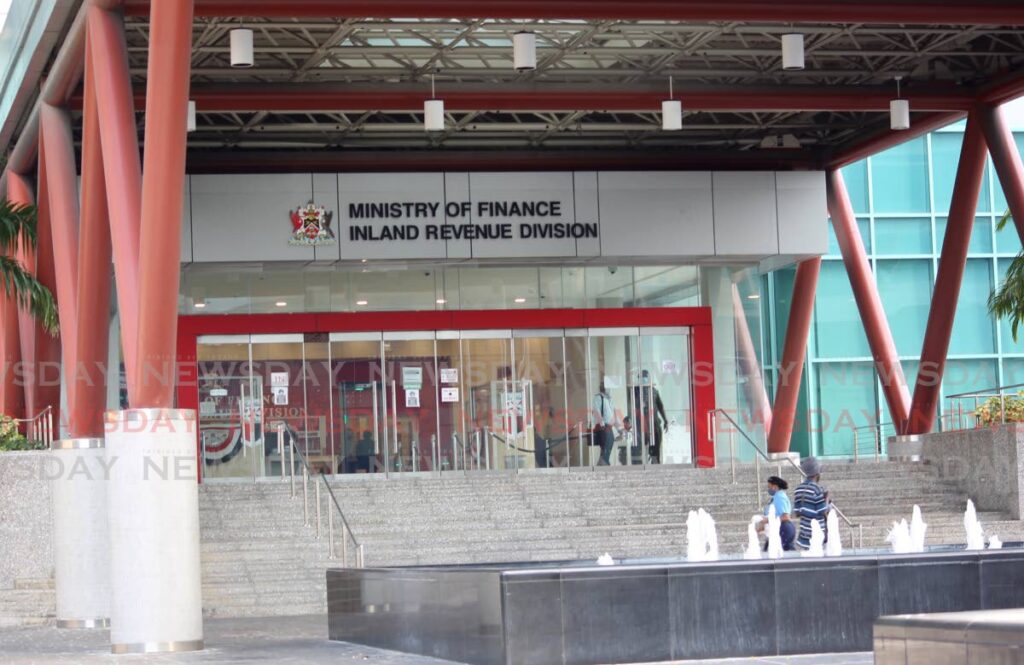Attitudes to corruption affect trust in tax systems

Trust in tax systems is at its highest when taxpayers perceive low levels of corruption and diversion of funds.
Taxpayers’ attitudes to paying taxes correlate closely with perceived levels of corruption, according to a major new study, Public Trust in Tax, by accountancy bodies ACCA and the International Federation of Accountants (IFAC).
A survey of 5,900 people across 14 countries – many in developing economies – found that trust in tax systems is lower when taxpayers perceive higher levels of corruption and diversion of public funds.
Helen Brand, chief executive, ACCA, says: "Fighting corruption is such a central priority for the global accountancy profession because corruption has such negative implications for trust, tax morale and sustainable development more broadly. We know from research by the IMF that economic growth goes hand in hand with a consistent stream of tax revenues."
This year’s survey builds on previous research, and for the first time includes data from developing countries outside the G20. With the UN predicting that the highest population growth up to 2050 is set to happen in non-G20 countries, this edition of Public Trust in Tax looks at issues affecting an increasing share of the global population. The survey was backed up by a series of roundtables to explore attitudes further.
Kevin Dancey, chief executive of IFAC, says: "The relationship between taxpayers and governments, and between businesses, society and tax systems is fundamental to the sustainability – and survival – of the economies that support us all, in both the short and long term. Our Trust in Tax surveys provide crucial insight into these relationships and can help global policymakers as they consider the best way forward."
IFAC recently released its Action Plan for Fighting Corruption and Economic Crime, with broad support from the global accountancy profession. The plan outlines specific actions that members of the profession can take, individually and in concert, to engage in a meaningful way in the fight against corruption.
"Given the correlation between perceived levels of corruption and citizens’ willingness to pay taxes, this plan is an important effort to help ensure that citizens see the benefits of their tax dollars," said Dancey.
The survey’s key findings are set out below:
Trust and corruption
Politicians are widely distrusted, with a net trust deficit of -25 per cent.
In contrast, professional tax accountants and lawyers are trusted (67.1 per cent and 64.6 per cent respectively).
Attitudes to tax authorities are split, with a significant minority – 27.9 per cent – distrusting or highly distrusting them.
Roundtable participants saw lack of trust in politicians as a major barrier to tax engagement with the systems. Citizens don’t object to paying tax – they object to misappropriation.
Tax minimisation
In the survey, 46.4 per cent agreed that multinationals were paying a reasonable amount of tax. This contrasts with Public Trust in Tax surveys in G20 countries showing only 22.4 per cent agreed.
Attitudes towards tax minimisation are more relaxed in developing countries, with respondents more likely to agree that specific taxpayer groups were paying a reasonable amount of tax.
Incentives
People strongly support the use of tax incentives to target megatrends such as climate change (73.8 per cent) and ageing population (72.8 per cent).
Tax incentives were seen as a way of attracting multinational businesses to invest (73.9 per cent) and build a more coherent international tax system through co-operation between countries (69.3 per cent)
Author of the report Jason Piper says: "An efficient, effective and trusted tax administration is one building block in the sound structure of society. This survey shows that the problem lies not with the collecting of tax but what happens afterward. A lack of accountability in government spending fosters the perception – and all too often the reality – of corruption in government."
Since 2017 ACCA and IFAC have been gathering data across the G20 on attitudes and opinions of the general public. The latest survey is the first to look beyond the G20 and comes at a crucial time for economies across the globe, given uncertainty following Russia’s invasion of Ukraine and the covid19 pandemic.

Comments
"Attitudes to corruption affect trust in tax systems"